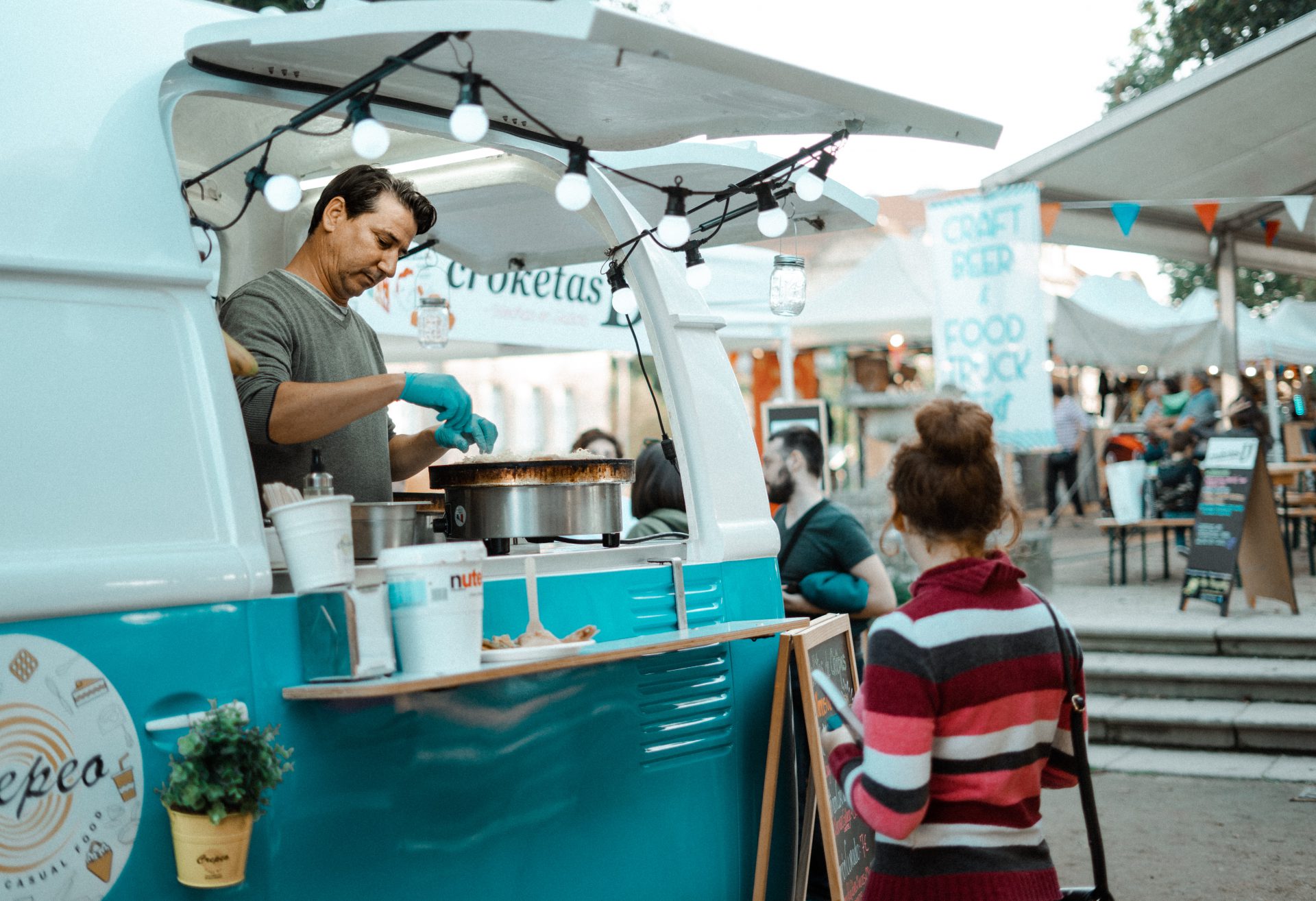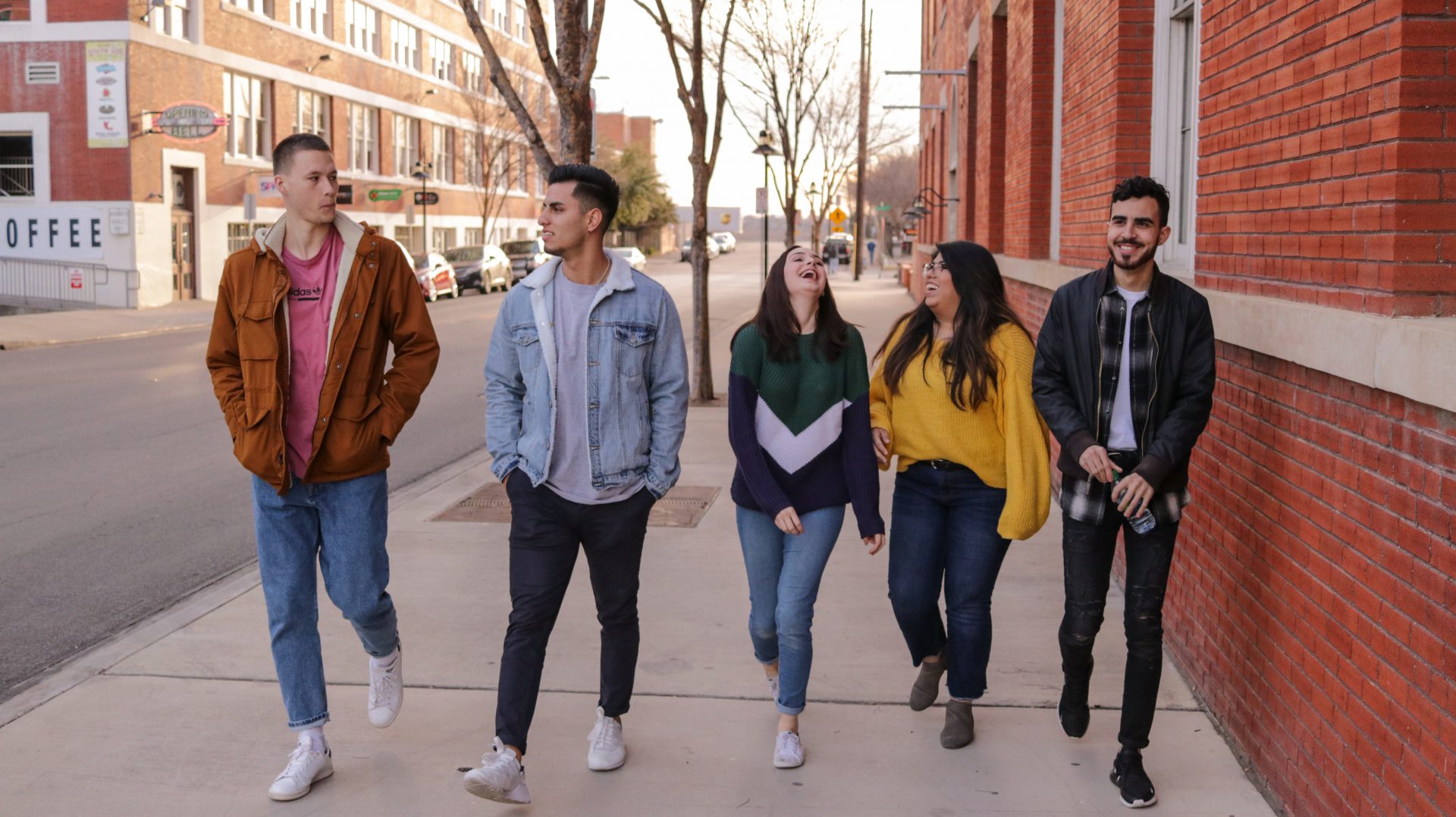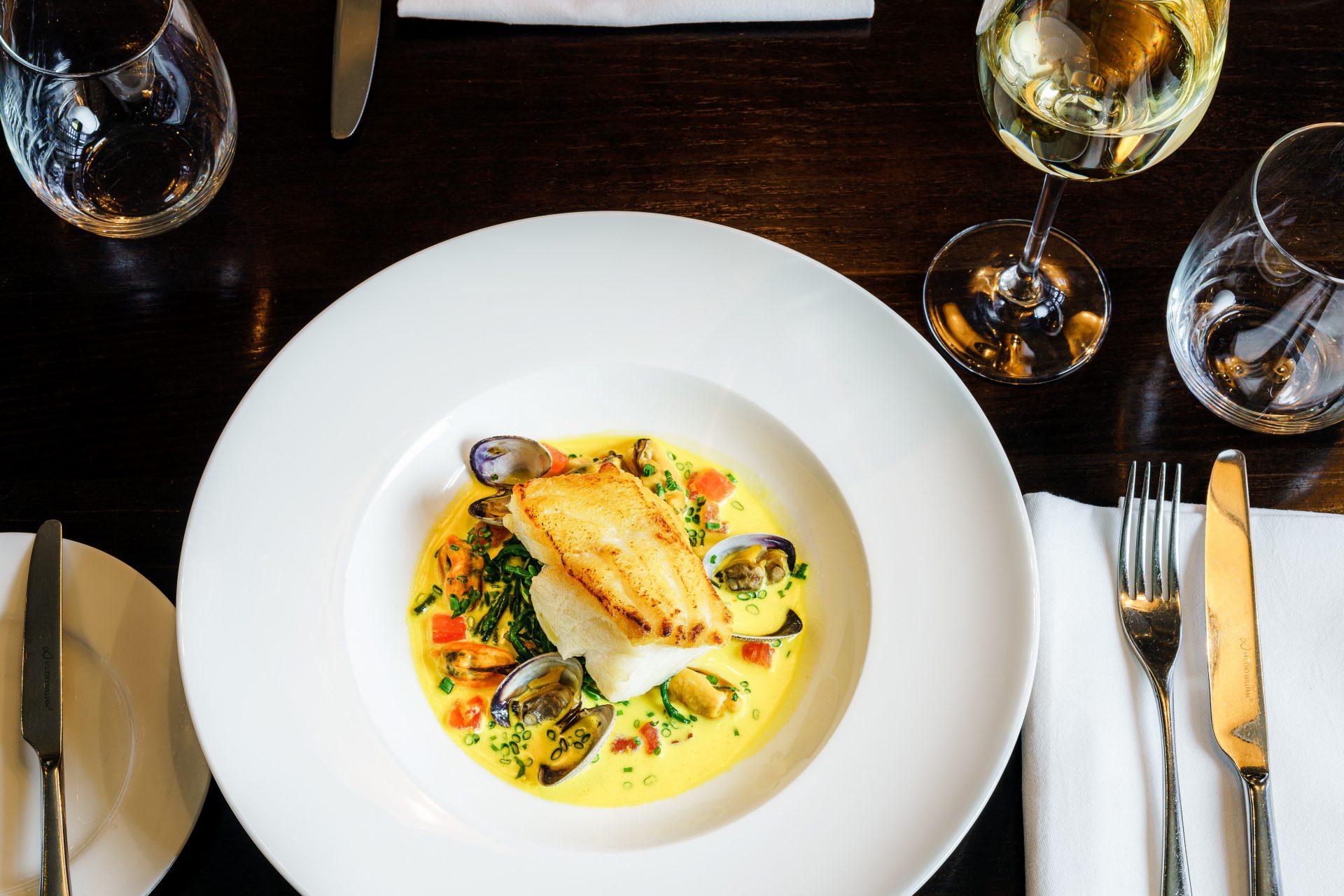
Anke Arts
Food tourism
Hospitality
With a master’s degree in International Hospitality Management, Anke has been involved in various projects in the fields of hospitality, leisure, and tourism over the years. Her primary interest lies in a strategic approach to food tourism. At ETFI, Anke leads the five-year program ‘Wadden Gastronomy’, funded by the Waddenfonds. This program includes several projects which involve research, networkmeetings, and educational development focusing on food, gastronomy, and tourism in the Wadden area. Anke is also active as strategic member of the CELTH team, the Centre of Expertise for Leisure, Tourism, and Hospitality, a national expertise center for leisure, tourism, and hospitality.
Anke Arts contributed to these projects
See all projects
Anke Arts wrote these blogs

Food is the soul of a place
05 JulyFood tourism is a trend that has developed strongly since the beginning of this century. Food tourism encompasses both the tourist looking for a unique luxury restaurant experience and the tourist who scours food markets and eats at a food truck. In addition, there is a growing and more recent trend in which agricultural companies show the origin and/or production of our food. There is increasing interest in the beginning of the food chain. Visitors can gain experiences such as milking a cow, see how cheese is made and pick fruit and vegetables in picking gardens. Tourists are looking for the story behind it, the soul of food & place.

5 tips for investing in human capital in leisure and tourism
28 JanuaryCrossovers is a commonly used term that literally means intersection or crosswalk. At this moment people are at a crossroads, uninvited and usually unwanted. Their work ceases to exist and they are forced to cross over to a new future. The leisure and tourism industry in particular has proved vulnerable. No matter how unpleasant the current circumstances are, making a crossover also offers new opportunities.

Will student cities buzz again?
13 NovemberHousing for students is a recurring problem in large and medium-sized student cities due to endless waiting times and high rental prices. But once you have found a room, it is nice to stay in a city that is buzzing with coziness and presence of like-minded people. Now that COVID-19 has caused a second wave of sick people in the Netherlands and students are (still) forced to follow education from a distance, the question is how this will have an effect on student cities in the long term. t is definitely interesting to already look at possible developments of student cities within the Netherlands.
Discover all blogs

Ask your question to Anke
Anke is expert in determining new visions and strategies for destinations.


